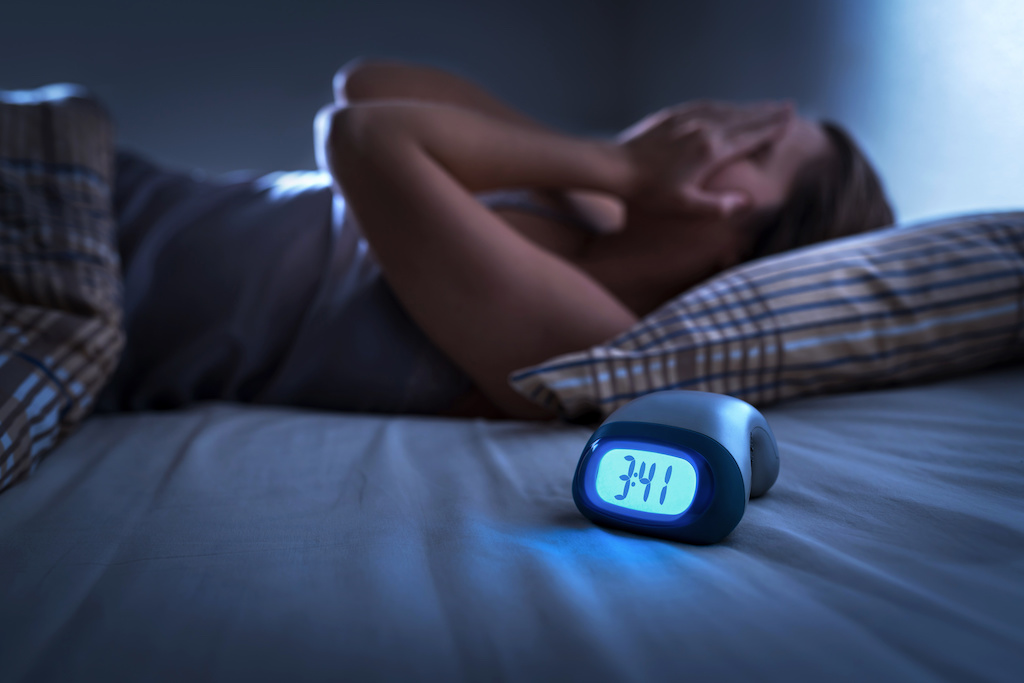As with physical activity and nutrition, sleep is one of the cornerstones of good health. If you can’t sleep, it isn’t easy to maintain a sufficient energy level throughout the day. The good news is that you can learn to sleep better! By reprogramming your brain and adopting the habits recommended by sleep specialists, you can discover how to wake up well-rested.
Sleep School: Be Inspired by the Advice Given at the Sleep School

Dr Guy Meadows has become a sleep expert through personal experience and is the co-founder of the Sleep School, an institute that offers training to improve the quality of sleep for everyone in the UK. Author of The Sleep Book, each year, he helps hundreds of employees and individuals to get a better night’s sleep, using workshops and private clinic therapy. The training courses include several meditation exercises recorded on audio tracks to address several issues related to sleep disorders:
- Stress at work
- Anxiety-related to health concerns
- Financial worries
- Trauma
- Night work or irregular hours
- Other issues
His approach is based on the cognitive behavioural method ACT, an acceptance and commitment therapy primarily based on mindfulness exercises. According to Dr Guy Meadows and other researchers looking at the links between ACT and sleep, getting good sleep can be as simple as changing your attitude to insomnia. According to a 2020 study, ACT shows positive effects in primary insomnia cases, reducing the time it takes to fall asleep and improving sleep quality in most participants.
Sleep Well: Tips for Reprogramming Your Brain

According to the Sleep School theorists, trying to control your sleep is a source of stress that can be counterproductive. Contrary to other approaches, if you can’t sleep, don’t try to get up, drink or tire yourself out by doing activities usually reserved for the day. Just try letting go. Accept that staying awake in bed is not a problem!
Near the hippocampus, the brain has an almond-shaped area called the amygdala, one of the functions of which is to modulate reactions to emotions. The amygdala is particularly active in situations of stress or danger. According to sleep experts at the Sleep School, what keeps you awake during insomnia is the stimulation of this area. Conditioning yourself to sleep and telling yourself that you are safe for the night can help you fall back asleep naturally. You can use mindfulness meditation techniques as a guide:
- Focus on your surroundings and the position in which you are settled for the night.
- Calmly take an inventory of each part of your body.
- Focus your attention on the present moment and take in each of your emotions and sensations calmly, without dwelling on them or reflecting on them.
- Breathe deeply.
- Repeat positive phrases that reassure you to yourself.
- Other techniques.
Similarly, although it is recommended that you go to bed and get up at regular times, you should not put unnecessary pressure on yourself by being too strict. Leave yourself some room and make sure you don’t focus too much on your sleep. For example, if you worry and start to dread bedtime, you can unintentionally cause stress that will hamper your sleep.
Prepare Yourself for a Good Night’s Sleep

To sum up, with the Sleep School methods, you don’t need any changes or rituals to get to sleep. On the contrary, such measures could encourage you to consider sleep as a problematic issue and cause a vicious circle of behaviour.
By following this approach to the letter, all you need to do is focus on the other things in your life, and your relationship with sleep will gradually become healthier. Once you have eliminated any medical or environmental causes that might delay sleep (too much light, exposure to screens, eating a rich meal, eating too late, etc.), this way of looking at sleep should pay off. To sleep better, all you have to do is plan your next exercise sessions and adopt a balanced diet.
Check out our Health & Fitness page for more advice.
